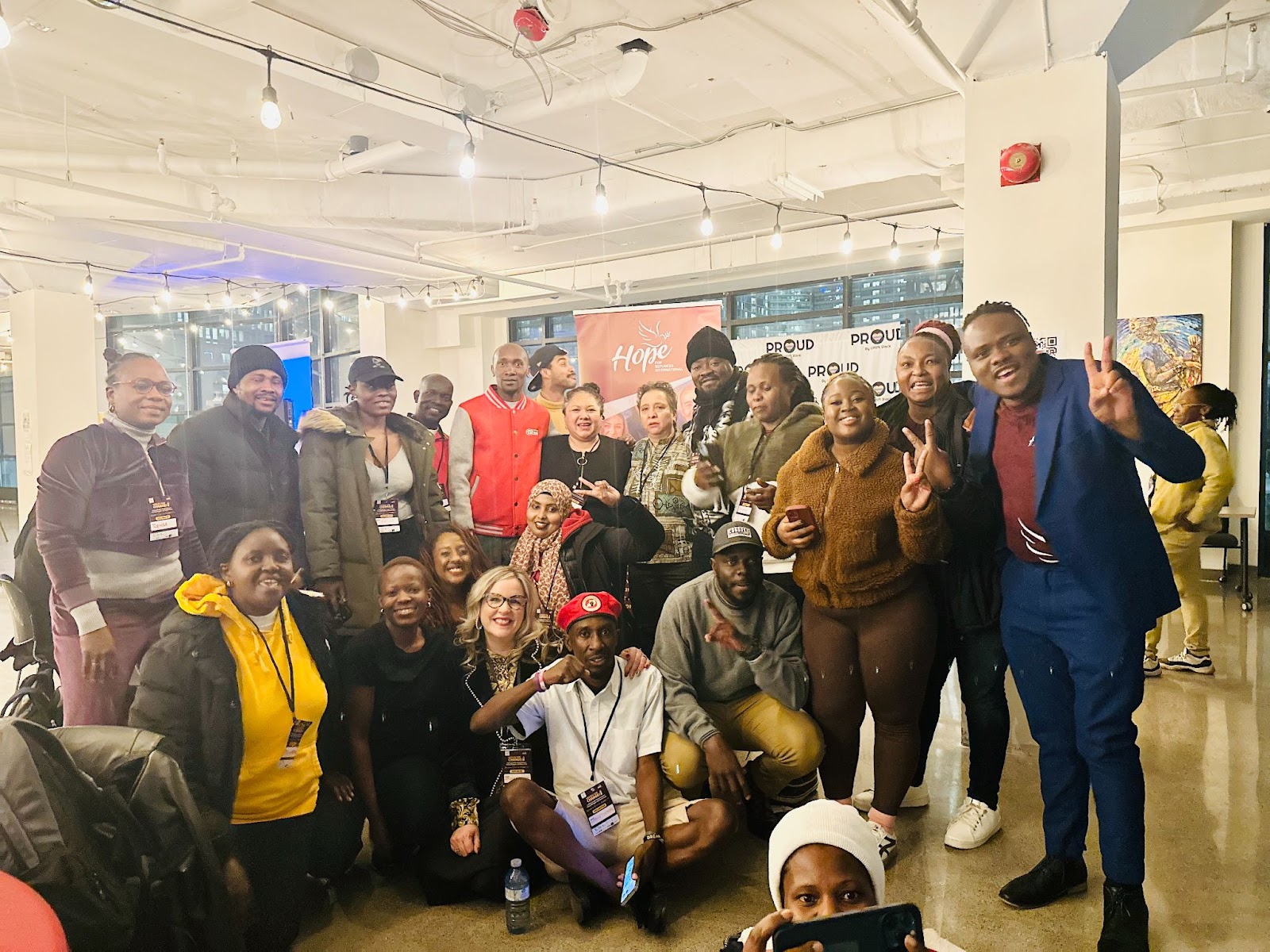Call to Action
Stand with Survivors—End Gender-Based Violence Among Refugees and Newcomers

Gender-based violence (GBV) remains one of the most pervasive human rights violations globally, affecting 1 in 3 women during their lifetimes, according to the World Health Organization. For refugees, asylum seekers, and newcomers, the risks are even greater. Displacement due to war, persecution, and systemic discrimination exposes countless individuals—particularly women, girls, and LGBTQ+ refugees—to increased vulnerabilities.
Among these populations, GBV takes many forms:
- Sexual exploitation in transit, refugee camps, and shelters and our communities.
- Intimate partner violence, is often exacerbated by the stresses of resettlement.
- Harmful cultural practices like child marriage and female genital mutilation.
- Human trafficking, where displaced individuals are forced into exploitative situations.
In Canada, many refugees and newcomers continue to face systemic barriers that increase their risks. Factors like unemployment, language barriers, racism, housing insecurity, and a lack of awareness about legal and human rights exacerbate their vulnerability. Survivors often carry unprocessed trauma, struggle to access support services and resources, and face stigma both within their communities and from broader societal structures.
Why This Matters
Refugees and newcomers bring resilience and strength to their new communities, but without safety and support, they cannot thrive. Addressing GBV in these communities is not just a moral obligation—it is essential for creating an equitable society where everyone has the opportunity to live with dignity and freedom.
What Can You Do?
- Sign the Pledge for Change: Join Hope for Refugee in signing the pledge adopted at the Voices for Change: Ending Gender-Based Violence Among Refugees and Newcomers event, join us in committing to survivor-centered policies and services that prioritize safety, healing, and empowerment.
- Advocate for Survivor-Centered Solutions: Push for systemic changes to reduce barriers like housing insecurity, unemployment, and access to mental health services, which increase survivors’ risks.
- Amplify and Awareness: Share stories of resilience and survival to challenge stigma and foster a deeper understanding of the challenges faced by refugees and newcomers.
- Engage Men and Boys: Promote positive masculinity and educate young men and boys about their role in ending GBV. This effort is key to addressing the root causes of violence and creating lasting change.
- Support Strategic Policy Recommendations: Work with policymakers and organizations to implement recommendations focused on education, employment access, housing, legal rights awareness, and trauma-informed support for survivors.
The Time to Act is Now
GBV among refugees and newcomers is not an isolated issue—it is a global crisis with local implications. By uniting as advocates, allies, and change agents, we can break the cycle of violence and build a future rooted in safety, equity, and opportunity for all.
Take a stand today. Join us in the fight to end GBV.
Sign the Call to Action Today!